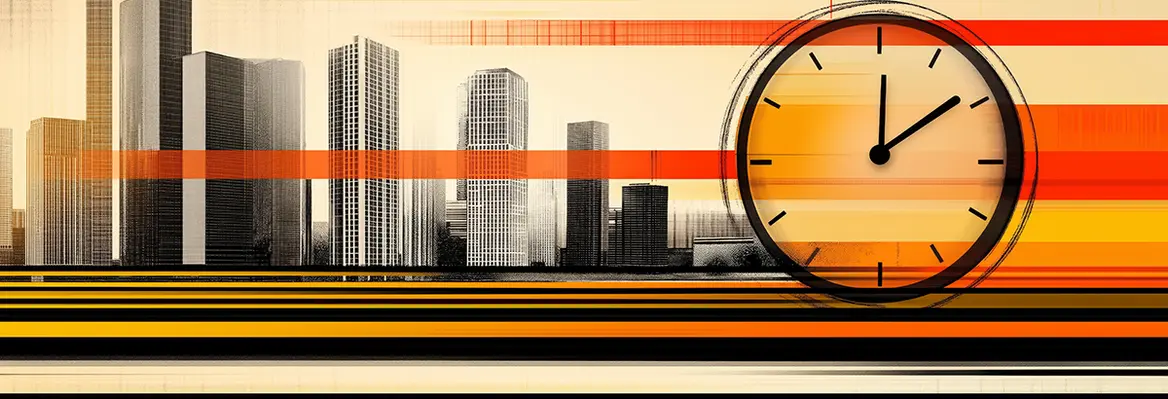Should and can one single value reign supreme in societies and consciousness? Or would this automatically denote excess and idolatry? Political scientist and leisure researcher Jacob Snyder analyses the ideology of the current moment and identifies its obsession with efficiency. He argues against efficiency's place as the supreme value in our personal lives and in our politics. While efficiency can be useful, an obsession with it leads us to forget the reasons why we needed it in the first place, turning conversation away from such reasons, such as democratic government or a fulfilling leisure time.
Efficiency, in both the political and personal realm, is often a tool of unwarranted destruction. In our contemporary culture, however, it is largely seen as the supreme value that excuses and explains different social structures and political choices. Instead of blindly accepting its dominant position, we should instead examine efficiency’s preeminence and what lies behind it. I argue here that efficiency is a destructive principle because it applies a blanket standard that, in our daily lives, harms different, more important aims; while in politics, it is used by those who harbor other, more sinister purposes. While efficiency is often positioned as the rational, moderate choice, there is a notably immoderate character to our contemporary obsession with it, and which can subordinate all other values to it. By rejecting efficiency as all-important, we can recover a sense of what matters in both our daily life and political organization.
Efficiency’s reign in the personal
Like many values that emerge from different sectors, such as the scientific or economic realms, efficiency has not remained in one tidy corner, but has spread to our personal lives. It is just as likely to be abused there as it is anywhere else. The standard of efficiency assumes that whatever the standard is applied to has a merely utilitarian function. This may be an appropriate standard for some aspects of our lives. For example, commuting to work, for most, is a largely utilitarian endeavor. But its utilitarian nature is part of what makes a work commute unpleasant. It is something to “get through,” “get over with,” or “endure.” Because there is nothing to direct us to the activity for its own sake, it is largely unenjoyable. As such, ways of making that activity more efficient are welcome.
SUGGESTED VIEWING The politics of time With Guy Standing
However, not everything in our lives should take this form. Some argue that the fullest life is the one that pushes away efficiency as much as possible. For Rousseau, utility is an enemy of happiness and was very likely also a sign of vanity. In his Reveries of a Solitary Walker, where he narrates what he deems the happiest moments of his life, he often fills his days with botany, but of an intentionally useless variety. He does not seek to identify previously unidentified plants or to discover novel medicinal qualities that would benefit himself or others. He admits that his “work” is largely redoing the work of others. To do botany in a “useful” manner would ruin his enjoyment, as the focus would be on the consequence of the activity, rather than the activity itself.






















Join the conversation